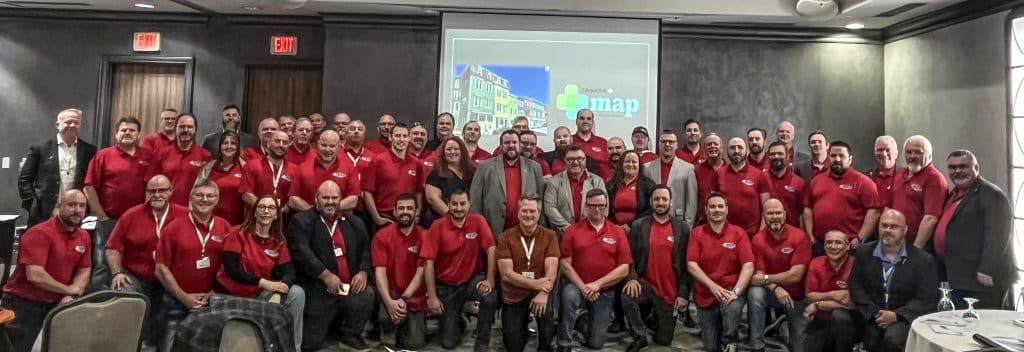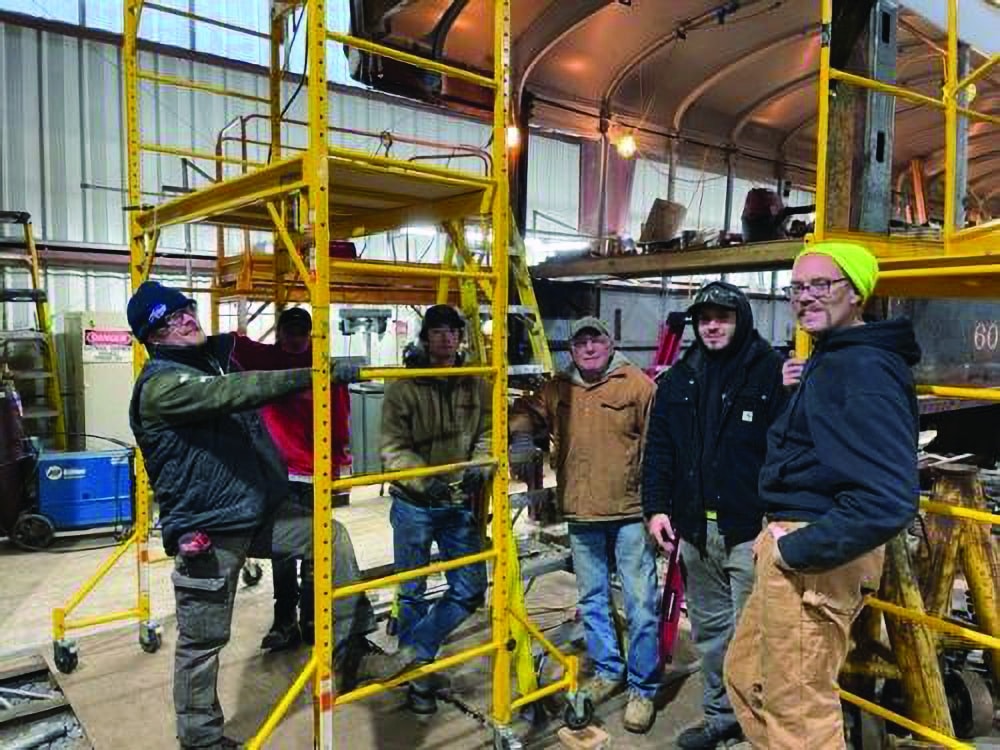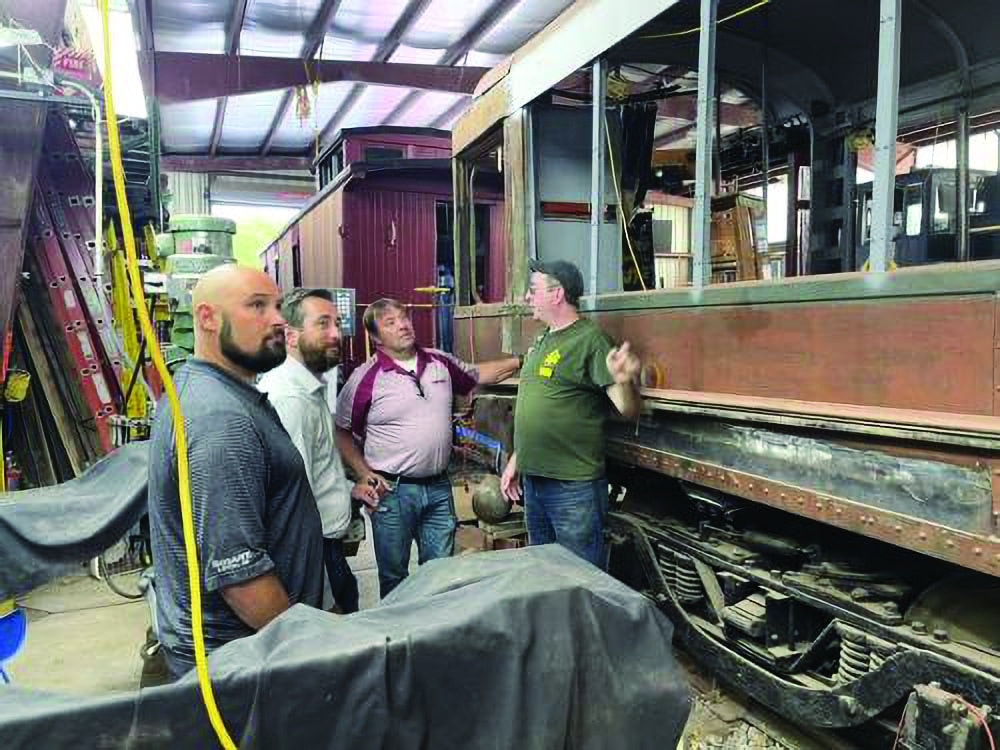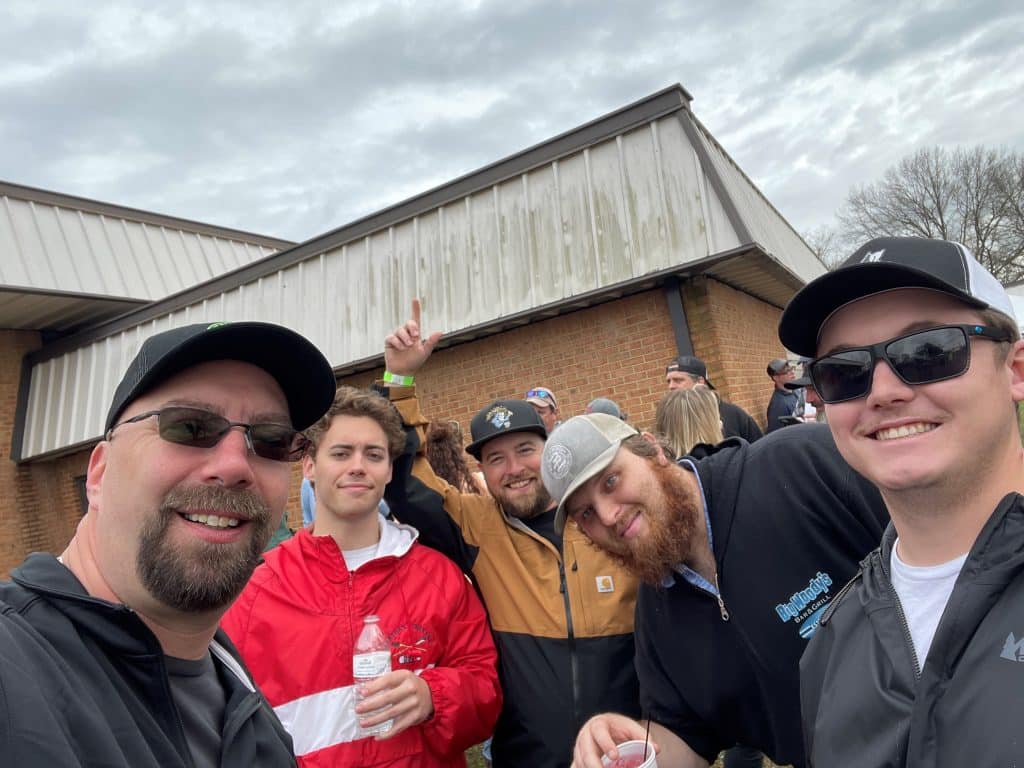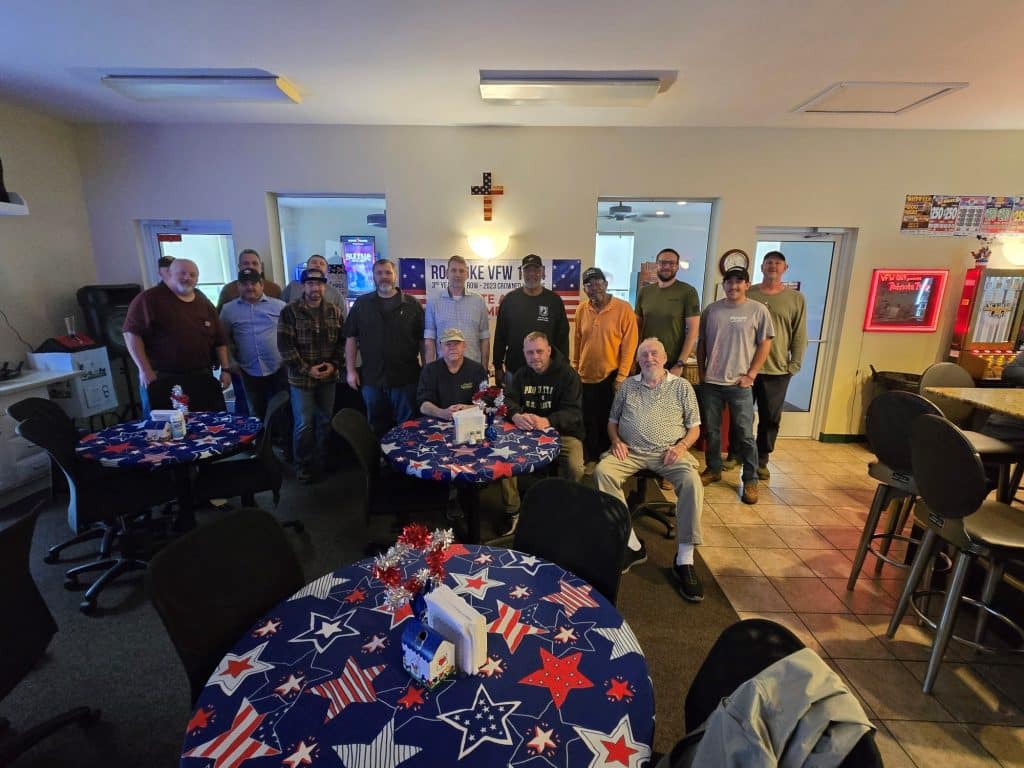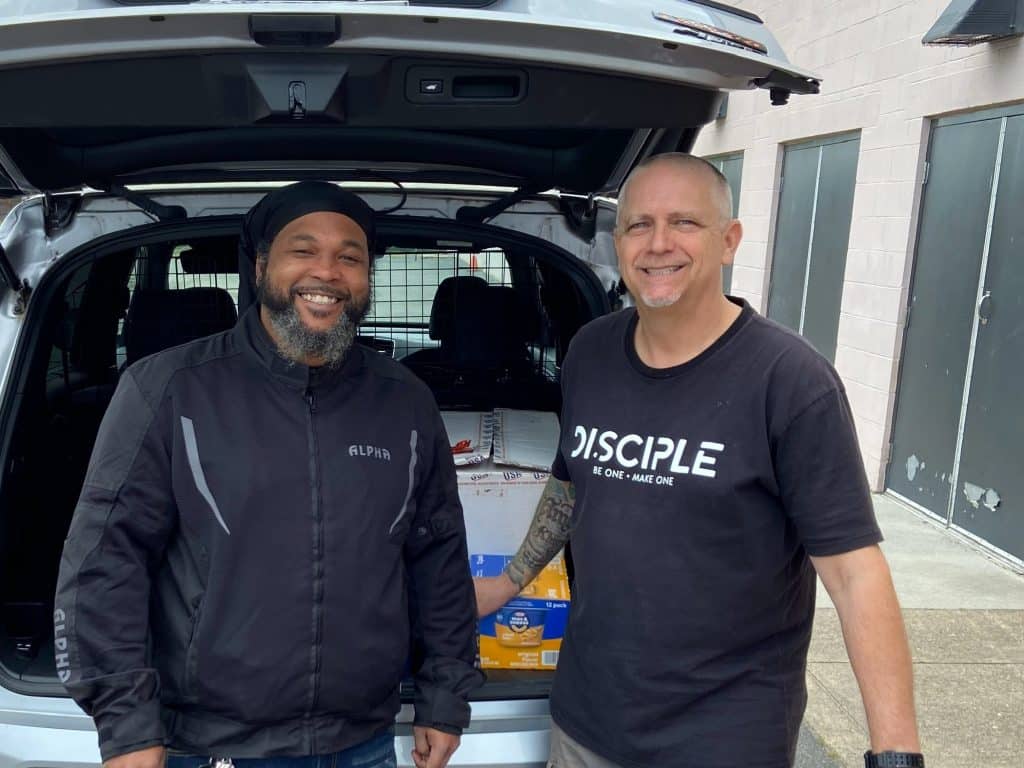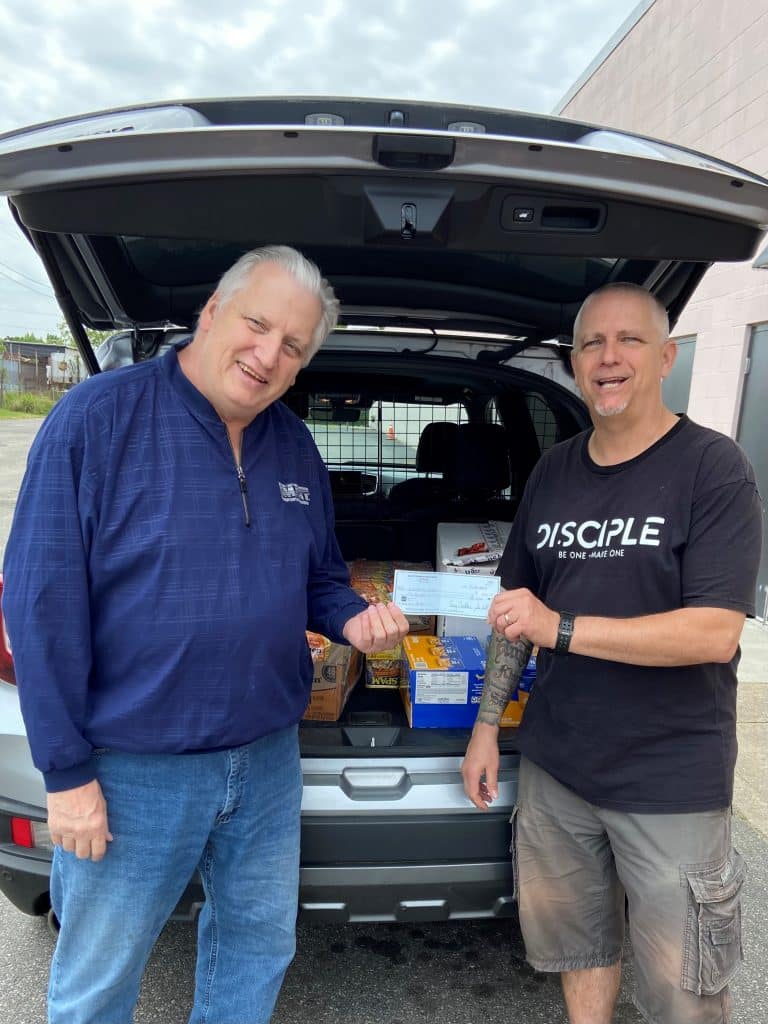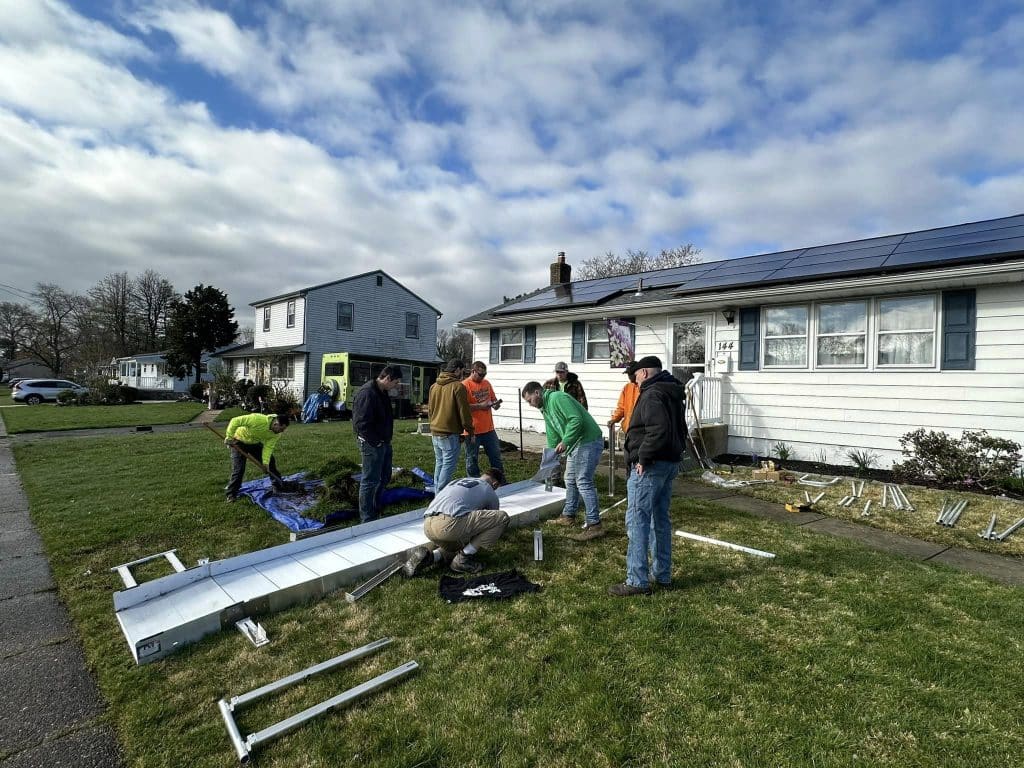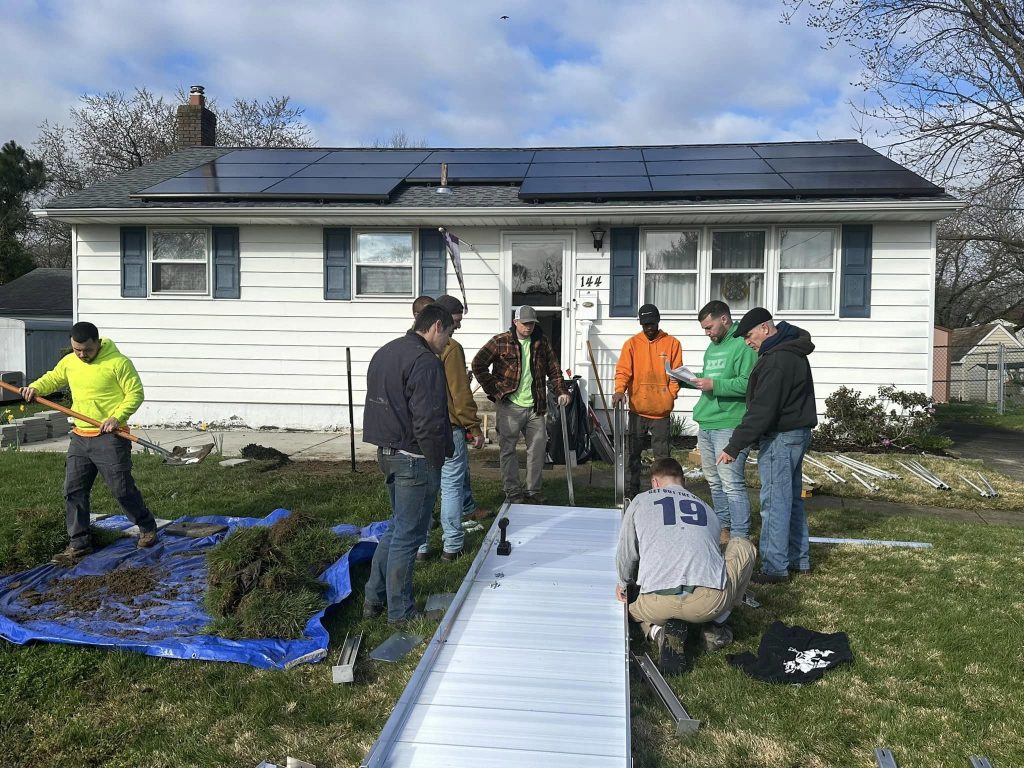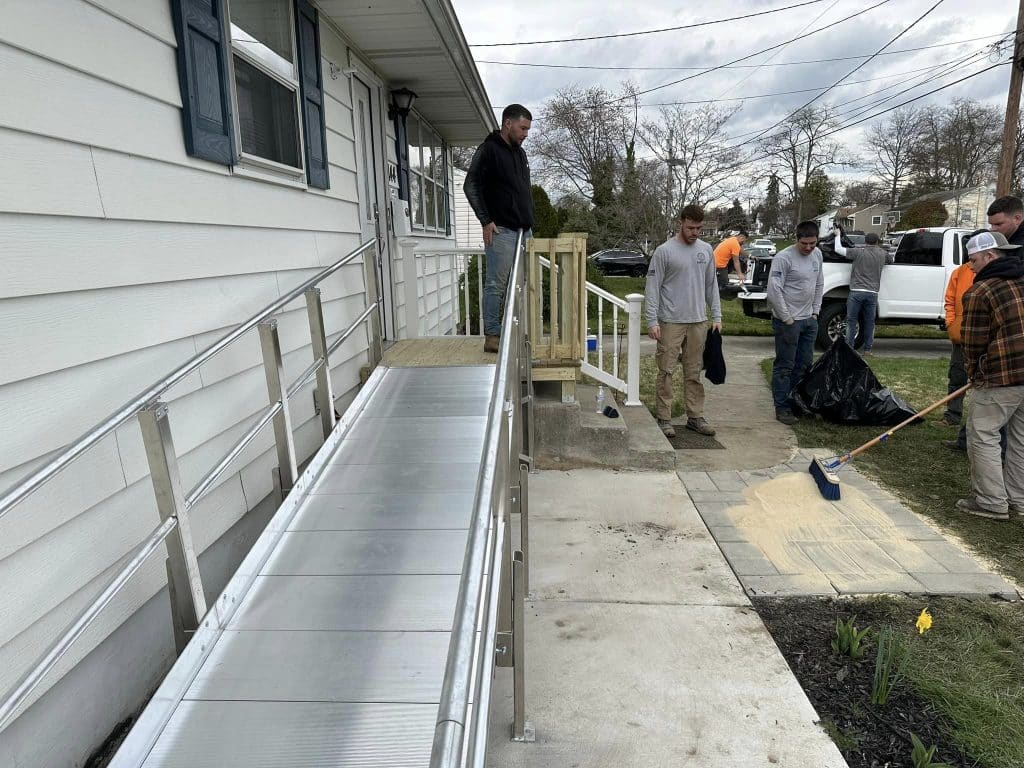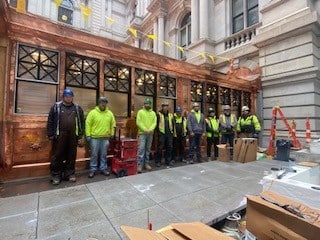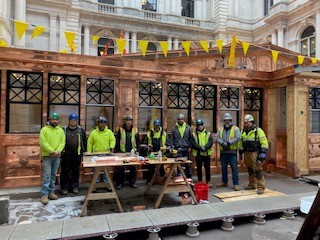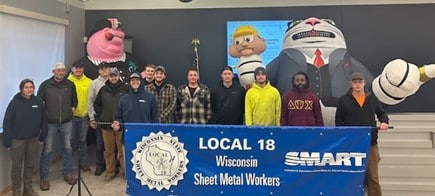
By Hallie Jennerman, Local 18 organizing director
SMART Local 18 (Wisconsin) hosts COMET — Construction Organizing Membership Education Training — classes annually in January for our second-year apprentices and newly organized members. In 2024, our Organizing Department held 11 classes across Wisconsin for the nine contract areas, with approximately 180 attendees. The goal is to have the members attend early in their membership to showcase the union movement, as well as the importance of being informed and involved. Local 18’s COMET class aims to forge growth in our membership through organizing, growth in our markets, growth in our benefits through additional hours worked, and to give those behind us a future by creating engaged, active members who will carry our union forward and organize all unrepresented sheet metal workers.
COMET provides an incredible opportunity for members to understand our union contracts during a question-and-answer session with frequently asked topics. Members dive into our benefits on the local and national level. We explain the varying dynamics for retirement with the National Pension Fund (a defined benefit) and the difference of the local pension fund (a defined contribution), along with the impact provided by the SASMI benefit in the form of untaxed healthcare funding.
After introductions, we start our eight-hour day with the SMART MAP (Members Assistance Program) presentation on suicide prevention, mental health awareness, substance abuse and addiction. This conversation leads us to the many resources available to us as members: SMART MAP, the SMOHIT Helpline and our local health plan EAP (employee assistance program). Our takeaway from these discussions is that we have members active in their communities having a positive impact.
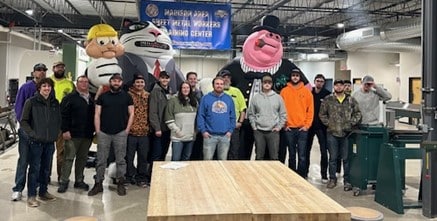
SMART Army activities are also discussed and promoted. We have a joint presentation with our local contractors’ association to explain challenges they face and the benefits of being industry partners. Our Local 18 health plans receive ample time for the members to understand medical billing and payments, as well as coverages and options to best suit their family needs. We have seen increased benefits for dental, vision and lost wages payment for jury duty. Local 18 members also enjoy the benefits of the Midwest Coalition of Labor. This is a group of labor organizations that have bargained for discounted services ranging from free Allstate Roadside Assistance, life and AD&D insurance, financial planning, web-based college, scholarships, discounts on insurance, legal help, tax prep — and the list goes on.
With the help of the SMART Education Department’s new COMET 2.0, our class also takes a deep dive into labor history, emphasizing the importance of organizing for our collective success. Wisconsin is a perfect example of what working families can lose through elections and legislation — a further reminder to all members that elections have consequences and every vote matters.
We are excited about the possibilities ahead, and we are committed to empowering all our members with the knowledge and resources they need for success.
